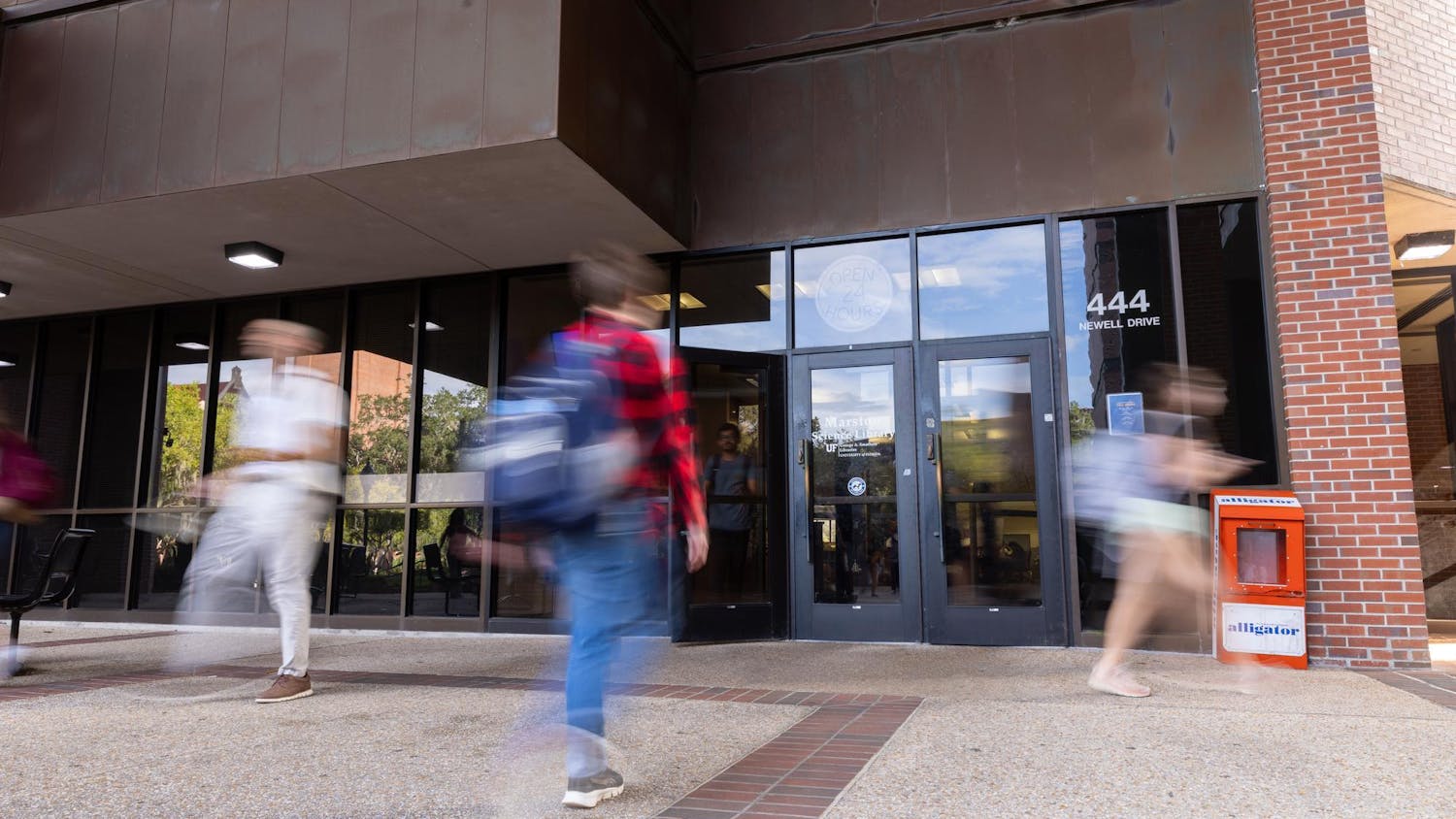Here’s the situation: Your exam is on Saturday and, let’s be honest, you never actually watched those Statistics lectures. You did most of the quizzes, attended various labs and it’s all coming down to a careful calculation that says you must score at least an 85 on the final for a B in the class. What’s the game plan? Wouldn’t it be nice if there were a pill that gave you a super brain blast allowing for hours of cramming without any of the pain? Forget getting a B, this pill would let you score high enough on the final to reach a nearly-impossible A. Well, that pill exists. In fact, many of those pills exist, and they go by various names such as Adderall, Vyvanse and Ritalin. The day is finally here, folks. Tomorrow marks the end of the 2010-2011 school year at UF, and the light at the end of the tunnel is so bright it’s almost blinding. Freshmen like me end our first year of college while seniors bid their college years adieu. For all of us, however, one pesky word separates us from our summers, and it starts with an F and ends with INALS. Library West is braced for stuffing to max capacity, and Starbucks has stocked its strongest espressos. No. 2 pencils at the ready UF; it’s finals time. How will you navigate these treacherous waters?
For many, the aforementioned pills are the answers to this question. These commonly prescribed drugs are supposed to help folks with ADHD calm down, focus and control their actions in a productive way. The problem is that it works on everybody. Students, who have discovered the benefits of these drugs, now have a perfect solution to their stressful academic times. The hours of necessary studying for colossal tests are made more enjoyable with the aid of a small pill. Liberally prescribed, their acquisition is no challenge, and many students feel paying five bucks to a friend is worth the hours of productive studying they’ll gain. These “study” drugs all work by stimulating the brain’s production of norepinephrine and dopamine, which are both associated with behavior and attention. The drugs also cause the nervous system to run “quicker,” causing an elevated heart rate and jittery feelings. In combination, these effects can be very pleasing and allow for a certain high that students can enjoy while plowing through pages of mind-numbing study materials. If you’re a parent, you’re probably concerned about your kid right now. If you’re a student, you probably know exactly what I’m talking about. The benefits of Adderall and Ritalin are hard to ignore, and if so many kids are prescribed them, why not? After all, athletes take steroids and rock stars snort crack, all in favor of performance enhancement. Is it fair that my fellow test-takers get this study boost while I kick it old school?
Are these drugs a college student’s best friend or worst enemy? Thus far, I have failed to mention the common side effects of drugs like Adderall, which include insomnia, dry mouth and, as it seems with any drug these days, addiction. Not to mention the fraction of students who take these pills for recreation, enjoying the high they consequently experience and slowly come to rely on. Combine them with some alcohol on a Saturday night, and you’ll get a volatile mix. With finals imminent, many students will resort to study drugs as a trusty habit, while others will be introduced to them for the first time. As with any drug, it’s a personal choice, but be careful, Florida. Adderall, Ritalin, Vyvanse or whatever you’re popping may not be on par with crack or heroin, but they’re still not prescribed to you for a reason. As finals approach, I encourage you to resist the allure of study drugs, make some coffee, find (if you’re lucky) a spot in the library, and step your game up. Best of luck, people. We’re almost there.
Laura Ellermeyer is a first-year finance major. Her columns appear of Tuesday.





